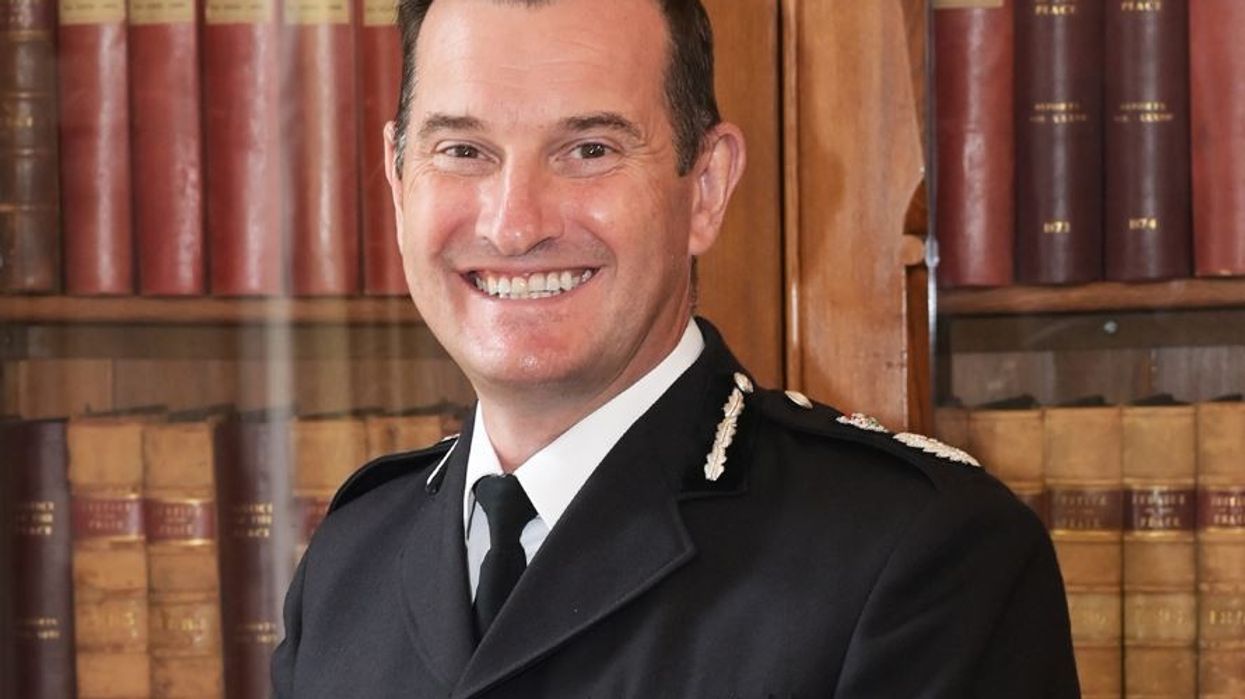THE chief constable of West Yorkshire Police, John Robins, has called for a change in the law, allowing police forces to engage in positive discrimination to increase the number of ethnic minority officers, reported The Telegraph.
Robins has become the first in England and Wales to address this issue.
He said that it is time for a change in law to boost the recruitment of black and Asian candidates.
Following the Good Friday agreement, positive discrimination for Catholics was successfully implemented in the Northern Ireland police service.
According to Robins, similar measures are needed in England and Wales, despite it being currently illegal.
He stressed that despite extensive efforts over several decades, systemic issues persist in the recruitment process, warranting a change in legislation.
The chief constable said that implementing such a change would not lower the recruitment standards. Instead, it would provide better opportunities for individuals from underrepresented groups who meet the requirements to join the police force.
Recently, Sarah Crew, Avon and Somerset’s chief constable, became the first in England and Wales to say her force is institutionally racist.
While speaking to his local BBC station, Robins also expressed concerns about the current financial limitations faced by the police, stating that they are unable to provide the desired level of service to the people of West Yorkshire.
In his opinion, the force has been experiencing challenges similar to the ongoing cost-of-living-crisis since 2010 due to increased expenses.
With a reduction of 2,000 officers and staff and a decrease in funding by £140 million, he lamented that his ambitions cannot be fully realised.
Consequently, services like neighborhood policing have been impacted, falling short of both his and the public's expectations.
According to an analysis by the independent think tank, the Police Foundation, it is projected that the police service would require until 2079 to attain a workforce that reflects the ethnic diversity of England and Wales.
It said the government should develop a plan to improve workforce diversity, setting targets for female and ethnic minority recruitment for each force then introduce time-limited positive discrimination until these goals had been met.
Home Office data revealed that white people accounted for 91.9 per cent of police officers, compared with 81.7 per cent in the general population as indicated by the 2021 census.
In terms of police officers, individuals of Asian descent constituted 3.7 per cent, contrasting with the general population where they accounted for 9.3 per cent. Similarly, the representation of black individuals in the police force was 1.3 per cent, compared to their presence in the general population at four per cent.
People with mixed ethnicity comprised 2.5 per cent in the force, slightly lower than their representation in the general population at 2.9 per cent. For other ethnic groups, the proportion of police officers was 0.7 per cent, compared to 2.1 per cent in the general population.
In West Yorkshire, the police force has witnessed an increase in ethnic diversity, with 16.26 per cent of new recruits coming from ethnic minority backgrounds. As a result, the overall percentage of ethnic minority representation has risen by a third to 8.6 per cent.
The Baroness Casey review of the Metropolitan Police concluded that the force exhibited institutional racism and misogyny. However, both Commissioner Sir Mark Rowley and home secretary Suella Braverman declined to endorse it.





